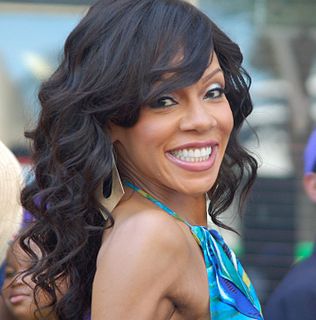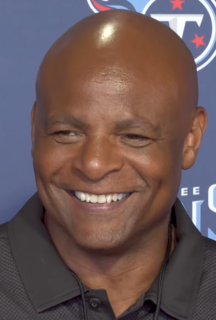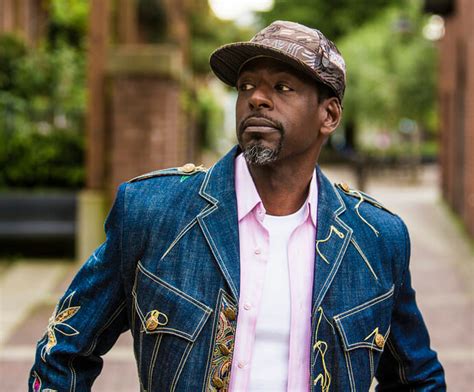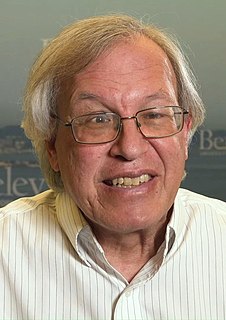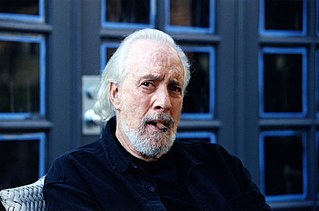A Quote by Kehinde Wiley
I grew up in South Central Los Angeles, where people are in cars.
Related Quotes
I was in Los Angeles. I saw the biggest ships you have ever seen with cars pouring off from Japan, into Los Angeles. Just pouring off these ships, and I am saying to myself, we send them beef, it's a tiny fraction, and, by the way, they don't even want it, they have to fight in order to take it in because they don't even want it, and it's very perishable, they'll send it back, they'll find reasons not to take it. And yet the ships, the boats, the ships are loaded up with cars, thousands of cars and they are just pouring off.
Dr. King said, 'We are all tied together in a garment of mutual destiny.' Which says to me no matter how well I may be doing in Hollywood, if a young brother or sister in Louisiana, the South Bronx, the South Side of Chicago, South Central Los Angeles - is not doing well, then I'm not doing very well.
I think Los Angeles certainly grew out and grew up, but I don't think it matured. It lost the appeal and the hunger and the beauty of its adolescence and went straight to a middle-aged ugly, overfed monster seeking mindless pleasure and being obsessively acquisitive. It's so materialistic. It grew up, but it didn't mature.



